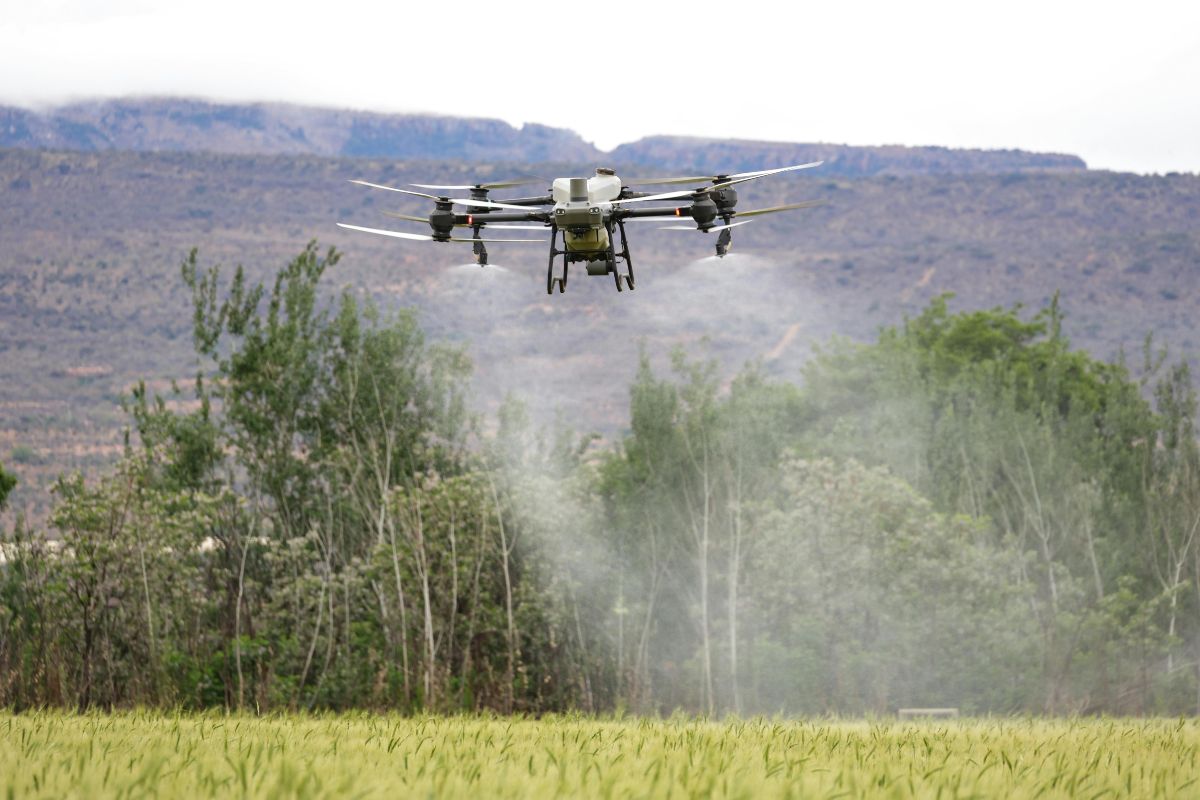The Indian Council of Agricultural Research (ICAR) has developed 524 new field crop varieties and 167 horticultural crop varieties in 2024. Announced by Union Agriculture Minister Shivraj Singh Chouhan during a Lok Sabha session on December 3, this milestone highlights India’s commitment to addressing climate change, boosting agricultural productivity, and combating malnutrition.
A diverse Crop spectrum
The new varieties cover a wide array of crops. Among field crops, 246 are cereals, including 126 rice, 22 wheat, and 51 maize varieties.
The new varieties span various crops:
-
Cereals: 246 varieties, including rice (126), wheat (22), maize (51), and small millets (21).
-
Oilseeds: 55 varieties, including mustard, soybean, and groundnut.
-
Pulses: 69 varieties, including chickpea, pigeonpea, and mungbean.
-
Commercial Crops: 109 varieties, 89 for cotton.
-
Horticulture: 167 varieties, including 40 fruit, 70 vegetable, and 16 flower varieties.
Climate change adaptation is a central theme of this initiative. Out of the new crop varieties, 455 are designed to withstand biotic and abiotic stresses, such as pest attacks, extreme temperatures, and water scarcity. A subset of 92 varieties exhibits exceptional resilience to extreme conditions, including drought, floods, salinity, and low temperatures. These crops are tailored to thrive in challenging environments, ensuring food security despite unpredictable weather.
To address malnutrition, ICAR has developed 32 biofortified varieties enriched with essential nutrients like iron, zinc, and vitamins, contributing to improved public health. These crops can combat dietary deficiencies, especially in rural and underprivileged communities.
Once a crop variety is released, ICAR ensures timely seed production through its breeder seed programs. These seeds are distributed to public and private agencies for large-scale multiplication into foundation and certified seeds. The process aims to make seeds available to farmers within three years, accelerating their adoption in agriculture.
This initiative is part of a broader effort by the National Agricultural Research System (NARS), involving ICAR institutes, State and Central Agricultural Universities. Their collective work has resulted in not just variety development but also advancements in sustainable agricultural practices.
The introduction of these crop varieties underscores India’s commitment to sustainable agriculture. By addressing climate resilience and nutritional needs, this initiative is a significant step towards ensuring food security and improving livelihoods. With such innovations, India is poised to strengthen its agricultural economy while tackling global challenges of climate change and malnutrition.
Support us to keep independent environmental journalism alive in India.
Keep Reading
Watch: Kashmir experiences first snowfall of season after dry spell
Amarnath Yatra: Tackling rising death toll from extreme weather events
Tourists arrival in Kashmir break records, a need to regulate it?
From tourist paradise to waste wasteland: Sindh River Cry for help
Follow Ground Report on X, Instagram and Facebook for environmental and underreported stories from the margins. Give us feedback on our email id greport2018@gmail.com.
Don’t forget to Subscribe to our weekly newsletter, Join our community on WhatsApp, and Follow our YouTube Channel for video stories.






